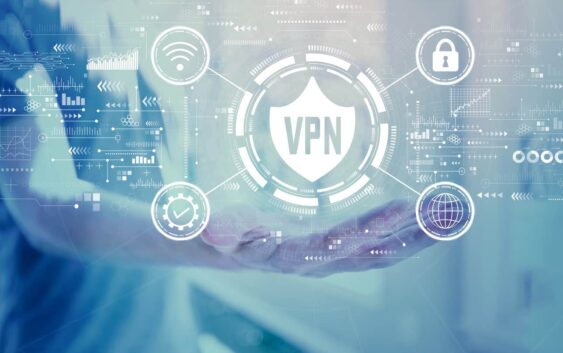- The Ever-Spinning World of Slots: A Unique Look into Their Evolution and Appeal
- The Fascinating World of Slot Machines: Luck, Technology, and Entertainment
- EmakQQ: Platform Domino QQ Online Terpercaya di Indonesia
- JepangQQ: Platform Permainan Kartu Online dengan Nuansa Modern
- EmakQQ: Platform Permainan Online Terpercaya dan Menghibur di Indonesia
Anonymous VPN – How to Stay Anonymous Online

Businesses nowadays have come about global market and logistics. Companies are apt for fast, secure and reliable communications. During the growth of internet, businesses are frequently extending their own networks. It was earlier in time when intranets came into existence. These are sites designed only for the use of company employees. Until recently, companies create their own Virtual Private Networks (VPN) to accommodate the needs of remote employees and distant offices. VPN services can be used for safe, anonymous surfing, anonymous mp3 and movie download, safe access to adult sites, unblock VoIP (skype), and bypass any restrictions to view any site.
A VPN or virtual private network is a network that is layered on top of a basic computer network and uses a public telecommunications infrastructure like the internet. Primarily, it uses virtual connection routed through the internet from a company’s private network to the remote site or employee. VPN is provided to individual users and remote offices for them to have a secure access to their organization’s network. Furthermore, companies and organizations use VPN to send voice, video and data in a private manner. One nature of VPN is when a data travels over the VPN, generally it is not visible, rather it is wrapped up in the network traffic. The traffic with the VPN appears to be just another traffic stream.
VPN is consist of two types, the remote access and the site-to-site. The former, also called a Virtual Private Dial-up Network, is a user-to-LAN connection used by a company. That has employees who need to connect to a private network from various remote locations. Often, if an organization wishes to set up a large remote-access VPN, it provides some form of internet dial-up account to their users using an internet service provider (ISP). Hence, to reach the internet and use VPN client software, user must dial a 1-800 number to access the network.
Remote-access VPN permits secure, encrypted connections between a company’s private network and remote users through a third party service provider. Site-to-site VPN, on the other hand, is categorize into either intranets or extranets. A site-to-site VPN which is built between offices of the same company is say to an intranet VPN. When a VPN is built to connect the company to its partner or customer, it is said to an extranet VPN.
